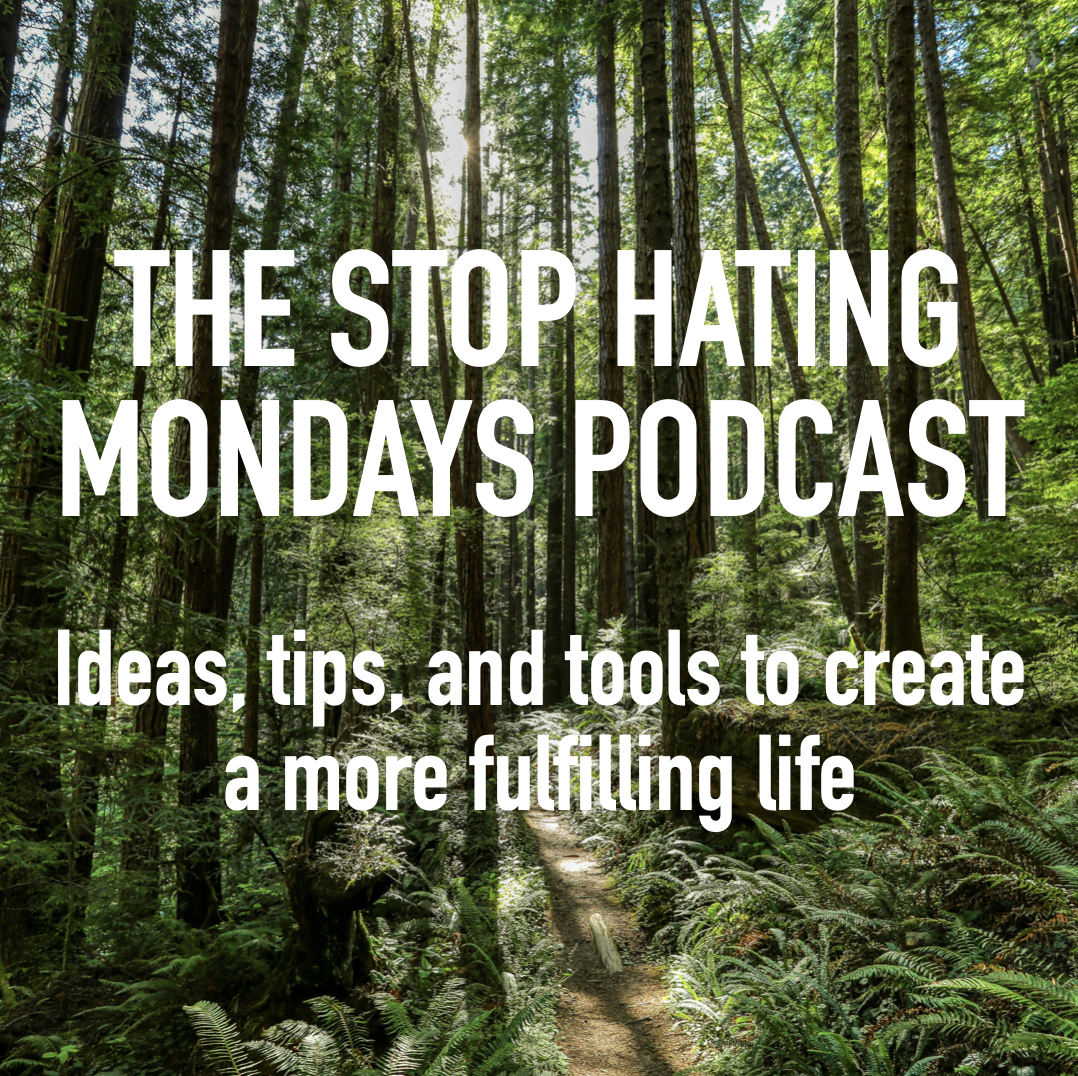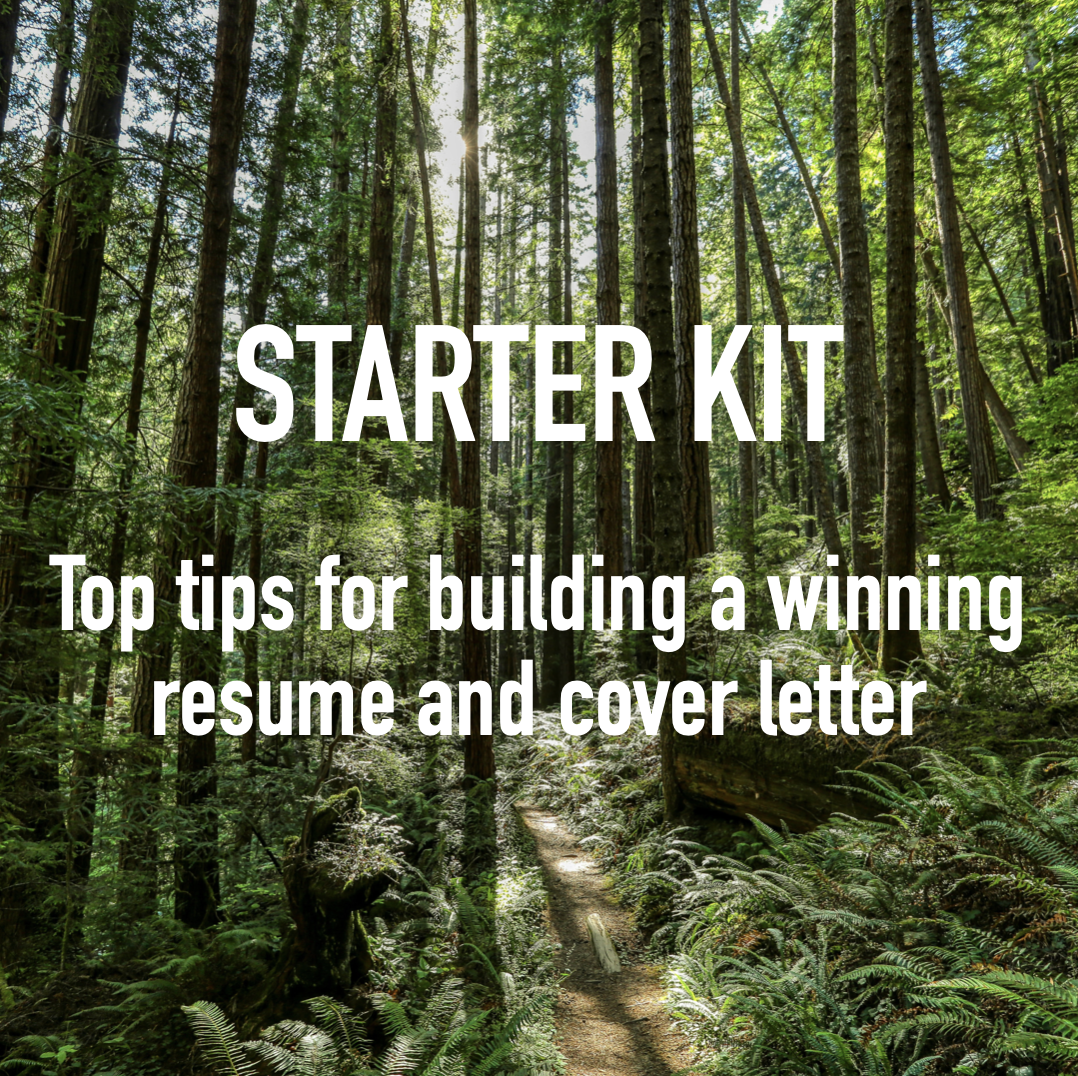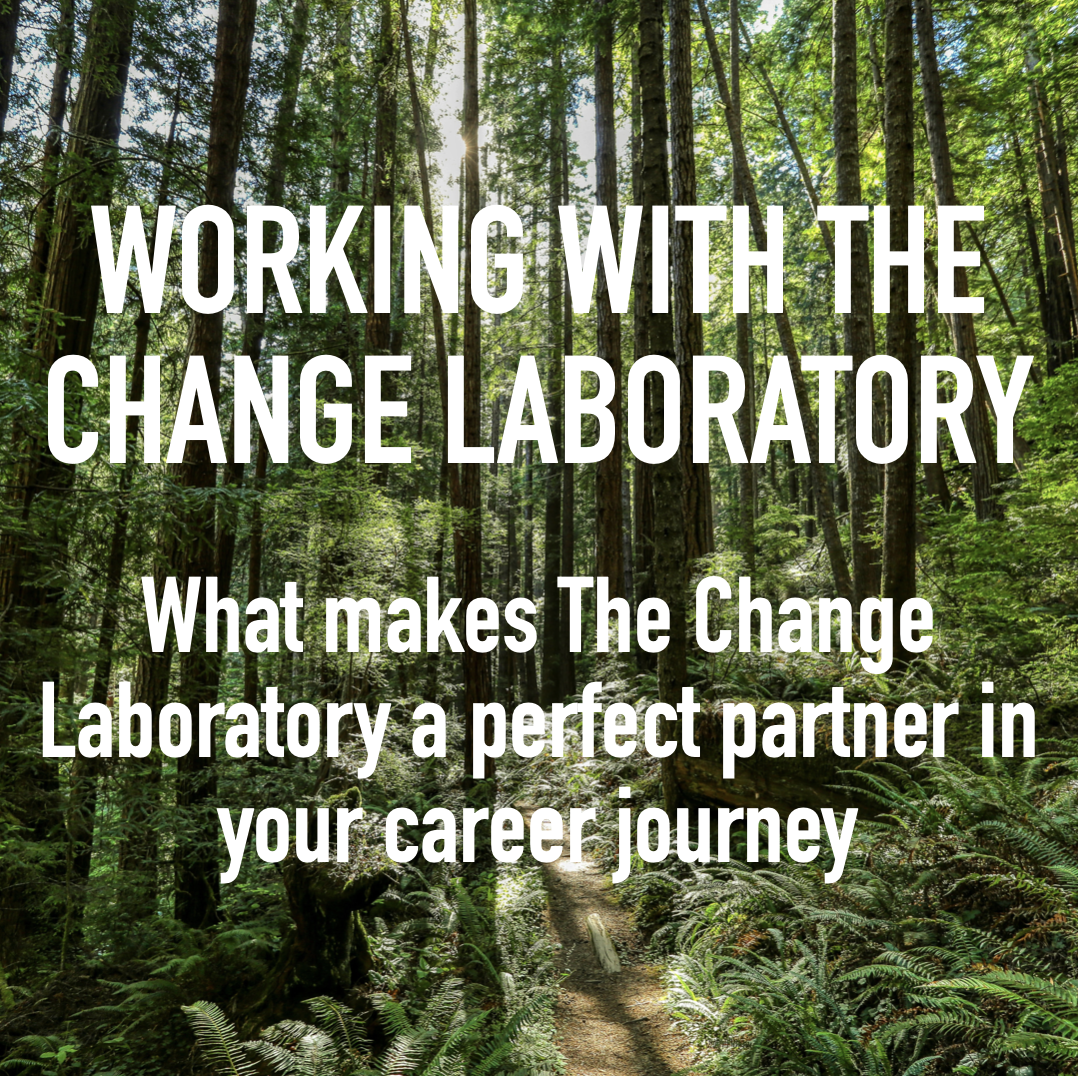How To Decide Which Parts Of Your Life To Fix First
Kent R.
Our long-term listeners know that we talk a lot about how you have many roles, but there is only one you and that positive growth in one of your roles can have a positive impact on all of your roles.
But let's flip the script and in this episode of the Stop Hating Monday's podcast talk about how challenging it can be to try to make progress in one role while there are aspects of your life that are uncared for.
Subscribe to the Stop Hating Mondays Podcast on Apple Podcasts, Spotify, Google Podcasts, Stitcher, Amazon Music, or Overcast.
TRANSCRIPT
Caanan
Our long-term listeners know that we talk a lot about how you have many roles, but there is only one you and that positive growth in one of your roles can have a positive impact on all of your roles.
But let's flip the script and in this episode of the Stop Hating Monday's podcast talk about how challenging it can be to try to make progress in one role while there are aspects of your life that are uncared for.
Caanan
We got a question from a former client, Adam, who is going through the Stop Hating Monday's book we sent him after our project was complete and he asked a really interesting question. He said, “I'm looking at the figure out your life, part of Stop Hating Mondays. How do I determine what should be in my life wheel?”
Kent
Yeah, I think, you know, a lot of people try to make more out of this than there is, but I'm glad that people pay attention to the elements of the life wheel and want to make sure that they're on point because, as you said at the beginning, it's a big problem that people run into.
If you're not inventorying your whole life, you're – what? – hobbling yourself in your quest for more fulfillment, would you say that's true?
Caanan
Yeah.
Kent
So, for instance, say you've got a major health concern… the cancer exam you've been putting off for whatever. Your promotion at work or you're finishing the project at work or whatever – nothing is going to feel as good and you're not going to be bringing your best to it because you've got this thing in another element of your life that's nagging at you, that's pulling you down. So when we work with people and work groups, one of the big “ahas” that people have is, you have to be working on your whole life. That's nothing we're going to get into too much in a work environment where we work with most people. But you've got to be aware of those things because – what's the phrase that pays? – you have many roles, but that there's only one you. So this whole, like “this is work me and this is not work me,” that's great. We all have things we need to keep private But in terms of your growth and your fulfillment, you have to operate with the knowledge that there is only one you.
So we say, “if you want to be the kind of person that people are drawn to and want to help be successful, then you need to be willing to have an honest look at all elements of your life. You have to move past base feelings like shame and guilt and avoidance, have gratitude for the good that exists and deal with the gaps in your life wheel.” We talk about how doing so will reap many rewards and we talk about this in Stop Hating Mondays.
So, to answer that question specifically… I tell people to just stick with the basics. You'll see them outlined in the book, but: nutrition, health, career, community, family, spirituality. All of these kind of basic things because they're the components that make up the typical you – the one you that is most people.
So yeah, as I said at the start, Adam, don't get too caught up in the details of this. This is an area where you can kind of look at the typical life components of anybody and then do your assessment. We have people assess, you know, they're kind of health in each component – each piece of the pizza – that makes up the entire wheel. You'll be able to pretty successfully gauge your overall health by using those pretty common slices of the wheel.
Caanan
So, back to Adam. After we answered his question, he got back in touch and said, “I did this initially trying to improve my career piece, and now I'm finding that there are other areas of my life that are in worse shape. How do you decide what to focus on first?”
So this is great because we've talked about what to how to break up the life categories. But when you find problems, where do you start?
Kent
Yeah. I laughed because… yeah, I saw this question coming and I'm like, “this is so much easier to explain visually than verbally!” And in the first question I already, you know… I have something visual in my mind. This wheel made-up of a number of different pieces. So again, think of a round pizza with a bunch of slices. Each slice is a component of your life: career, community, family, all that stuff.
Caanan
It's a pie chart.
Kent
Yeah, it's a pie chart! Thank you for breaking that down. Though it's a pie chart, I'm such a food guy, though. I always like to think of pizza. So yeah, there you have your visual pizza – I hope you're getting hungry – and in Stop Hating Mondays we ask you to inventory each of these; you kind of rank your health in each of these areas in terms of moving forward. We always recommend that you start in the place that you feel least healthy. Because again, say your career is at an 8 out of 10 or whatever. That's going to be severely hampered if you have a health issue that's making your health score a 3 out of 10. So you bring those kind of lower scoring components you need to start building them out in order to even out the whole circumference of the wheel, so that the wheel can be smooth. Now is your health problem going to be solved overnight and then boom tomorrow you're ready to be a superstar at work? No, not necessarily, But it's about honestly looking at all these pieces of the pie – slices of the pizza – and having a plan. And when you have a plan you have a great deal of relief in your mind and you can continue working on other areas – other pieces of the pizza. But we always say give your first attention to the things that score lowest because oftentimes, it's simply and most importantly about facing things that you're avoiding.
Caanan
I think Josh's story in Stop Hatting Mondays – in the book, the workbook – is really powerful and very relatable, which is why we included it the book. For listeners who haven't checked out the Stop Hating Mondays workbook, will you talk about that story? Joseph's story?
Kent
Yeah, so I mean, I'm just going to read right from [the Stop Hating Mondays workbook].
“Despite feeling unlucky and like everyone else is winning at life. While he struggles to get ahead, Jose is actually really successful. The problem is he doesn't pay any attention to the things that are going his way, which makes him anxious, envious, angry. These qualities push people away. So after taking the time to examine all aspects of his life, both to determine where he needed to improve and where he needed to celebrate, he quickly became aware of how well he was actually doing. He was healthy. He had a great community, good friends, and a job he felt actually leveraged his strengths – things that were in jeopardy because of his obsession with work. So by first recognizing what was already going his way. He was able to shift his perception, his sense of gratitude reduced his anxiety, his envy, his anger, and this helped him to start to care for the gaps in the will and to start to stop. Excuse me, undermining his own success.”
So what’s really great about this is this exercise, as any good self-discovery exercise, it's all about reality. It's about calling something what it is. We talked in previous episodes about getting in touch with your strengths and values. It's just reality. It's just knowing what you're made of: your strengths. And knowing how you can best put those to work: your values. And in terms of the life wheel we've been talking about, it's just being able to honestly look at things and not only face those areas you've been avoiding, or you may have shame about, but also validating, like Jose, areas where you're doing great.
Caanan
Yeah, that's the… I think that's the big win with – one of the big wins with – this life assessment, the life wheel. If you have something that's holding you back in one area of your life – you have a health scare or something, bad relationships with friends or family, whatever – it can really take your perspective and you fail to see the good that exists in your life and how successful you are in many other aspects of your life. And when you, when you step back and do a thoughtful assessment – get yourself out of that negative perspective – you're bolstered by the fact that, like Jose ultimately does… How successful you are lifts you up.
Kent
Totally. I should mention this in response to Adam. Now we recommend that as we told Adam, people start their deeper work where there's the greatest deficit. But I should have mentioned exactly this question that you asked, which is you're first doing the inventory of all the components of the wheel. So when you see those higher scores, that gives you the confidence to base the scores that are lower and to want to lift those up. Yes, so it's about knowing the entire package – the full wheel – and wanting to make that wheel turning a smooth experience.



